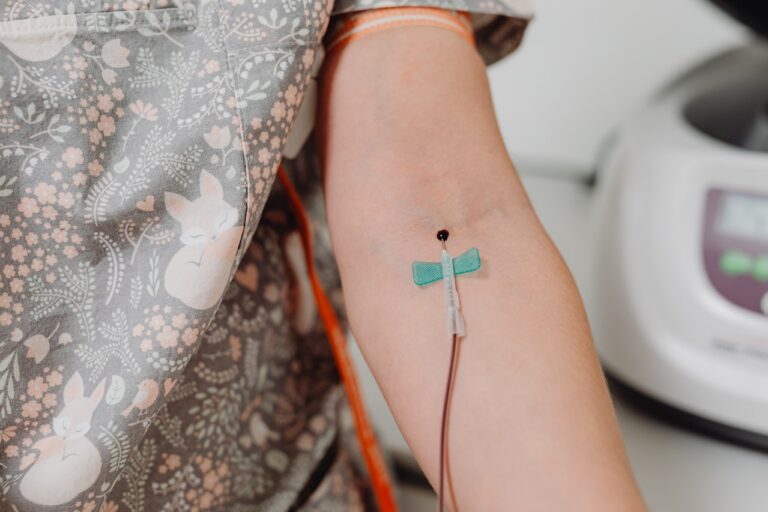Blood Donation Rules for Females: Can Women Donate Blood?
Blood donation is a charitable act that can save the lives of millions. Donated blood is used to help treat people with life-threatening illnesses and aid in surgeries. A whole blood donation only takes a few minutes, and you can be on your way after some recovery.
However, blood centers are strict about who can donate blood. They carefully screen donors to ensure that the blood is safe for transfusion. You might be wondering if women are eligible to donate their blood. Read below to learn more about how women can help save lives, one drop at a time.
Can Women Donate Blood?
The good news is that you can donate your blood, whether male or female. For most people, gender will not determine if you are eligible to donate blood. If you are healthy and have enough blood, the center is willing to take your blood.
Blood centers, in some cases, may need to consider your height, weight, and age. If you are a woman under 20 years old who has a weight below 143.3 pounds (65kg) or under 5′ 6″ (168cm), then you might first want to check if you are eligible to donate. Blood centers want to ensure you have enough blood to give and to avoid side effects from too much blood loss.
Your gender may also dictate how frequently you can donate blood. Since men have higher iron levels, their wait time for the next donation is shorter. Men can donate blood every 12 weeks, whereas women need to wait for 16 weeks before they become eligible again.
Blood Donation Rules for Females
The World Health Organization has guidelines on who can and cannot donate. These rules vary depending on where you live and what rules your blood center follows.
Generally speaking, you have to be healthy in order to donate blood. That means being between 18-65 years old, weighing at least 110 pounds (50 kg), and having no ailment, including an infection, cold, flu, and the like.
If you have a new piercing or tattoo, you should wait for 6 months before you can donate again. You are also deferred if you have had “at risk” sexual activities for the last 12 months.
Some people are not eligible to donate blood. These include pregnant mothers, people positive for HIV (AIDS virus), and people who have used injectable recreational drugs. These individuals can put themselves and others at risk.
Why are Pregnant Women Not Allowed to Donated Blood?
Mothers are not allowed to donate blood during their pregnancy because it puts a risk on them, their babies, and the ones receiving their blood.
Pregnant mothers are at a high risk of iron-deficiency anemia. Iron is a necessary mineral for the growth and development of a fetus. Donating blood leads to a higher chance of anemia, which can result in unwanted side effects on the mother.
Besides iron, pregnant mothers produce a protein called human leukocyte antigens (HLA), which can be dangerous when transfused to another person. While HLA is safe for a mother and her baby, it can cause a rare lung injury to the person receiving the blood.
Mothers must wait for 9 months (more or less) before donating blood again. Centers will screen you and do an HLA test to ensure everybody’s safety.









